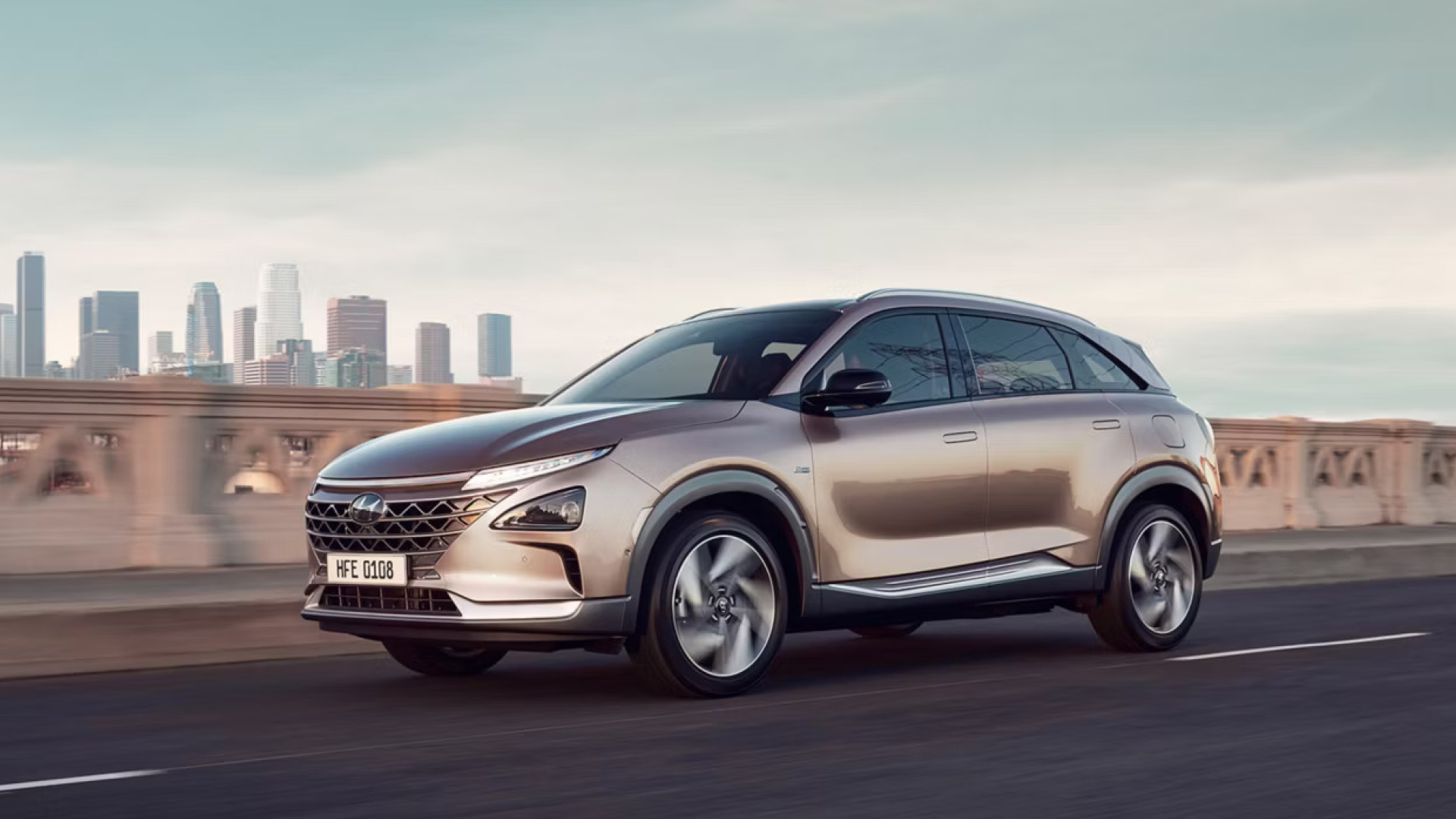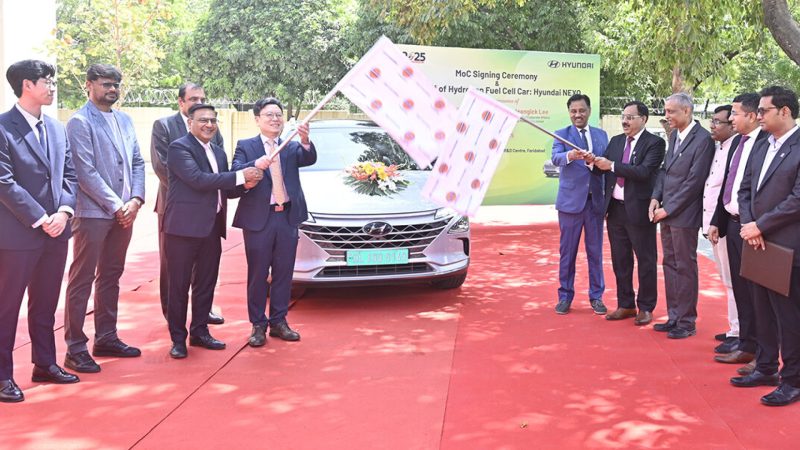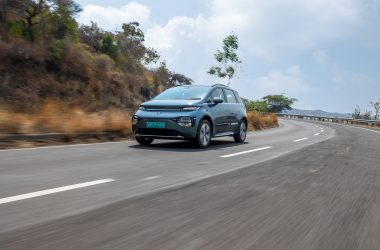Hyundai Motor India Limited (HMIL) and Indian Oil Corporation Limited (IOCL) have signed a Memorandum of Understanding (MoU) and have resolved to conduct an extensive real-world study aimed at exploring the viability of mass adoption of hydrogen fuel cell vehicles in the Indian market. This exercise will span two years and HMIL has supplied one unit of its NEXO hydrogen FCEV to IOCL for research and testing purposes. The Hyundai NEXO will be driven extensively by IOCL representatives on public roads over an estimated distance of 40,000km. Such substantial testing will also help evaluate the operational reliability and longevity of the NEXO while handling Indian roads and weather conditions. The data and insights thus collected will also contribute towards conducting a Total Cost of Ownership (TCO) assessment of such vehicles, including details on periodic maintenance.

Hyundai globally offers a diverse portfolio of vehicles with ICE, CNG, Flex-Fuel, Hybrid, Electric and hydrogen powertrains. Hyundai’s NEXO is a mass-market hydrogen FCEV which is already on sale in multiple overseas markets but has never been offered in India as our nation currently does not have the infrastructure to support such a vehicle. It uses a fuel cell in which oxygen and hydrogen react and produce electricity, water and heat. The electricity thus generated goes to charge the onboard battery while the heat is dissipated and water comes out of the exhaust pipe. Boasting a claimed range of 666km (WLTP), the NEXO can be topped up with hydrogen in merely five minutes, which is comparable to refilling a CNG-powered vehicle.

Hydrogen FCEVs offer a middle path as they combine quick refuelling and long-range characteristics of ICE vehicles with the zero direct emission nature of EVs. These alternative fuel technologies are increasingly coming to the fore as our country tries to reduce its dependence on fossil fuels in the interest of lowering carbon emissions. The Government of India has been promoting its National Green Hydrogen Mission, which aims to position the country as a global hub for the production and export of green hydrogen. Hydrogen costs a high amount of energy to produce, and as long as that energy does not come from renewable resources, the resultant hydrogen will not offset the pollution caused by its creation in the first place, thus green hydrogen is created by utilising energy obtained from eco-friendly sources. The HMIL-IOCL joint study stands to contribute significantly towards understanding the viability of this alternative fuel in the Indian context and could also help prepare a blueprint for the eventual public rollout of hydrogen-fueling infrastructure.










